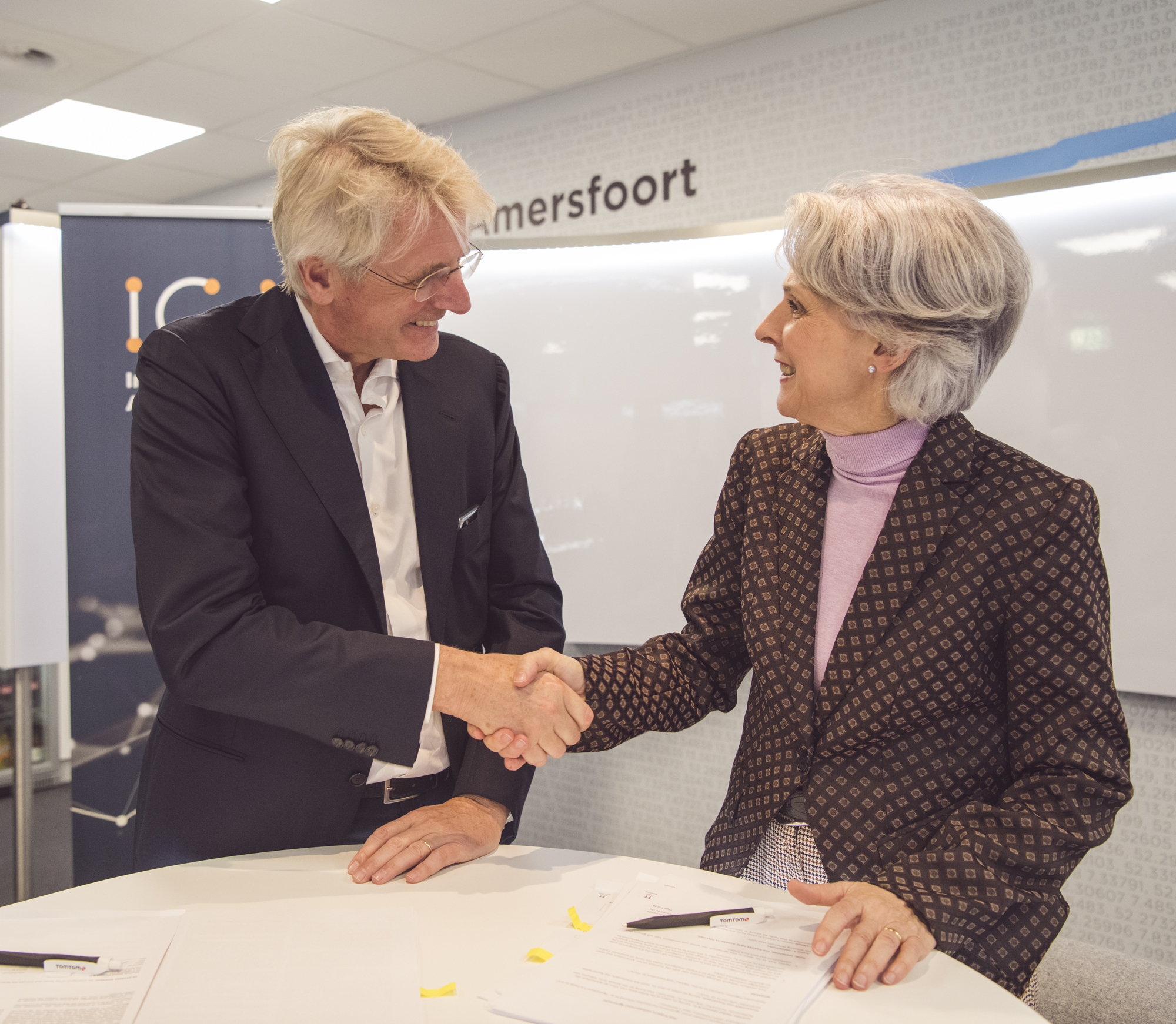The University of Amsterdam (UvA) and GPS technology company TomTom have launched a combined project badged the Atlas Lab at the Innovation Centre for Artificial Intelligence (ICAI) in the Amsterdam Science Park. Their aim is to use AI to develop accurate high-definition maps for the next generation of autonomous vehicles.
ICAI’s strategy is to foster multi-year strategic collaborations with a focus on technology and nurturing new talent in the industry. TomTom, meanwhile, will provide its experience with business and technology partners to develop solutions that can power connected vehicles, smart mobility, and autonomous driving.
For the first five years, PhD students will develop AI systems that automatically recognize roadside infrastructure such as traffic lights, as well as using the vehicles’ lidar, cameras, and onboard sensors to map and communicate with other road users.
Theo Gevers, scientific director at the lab, commented, “At the UvA we are already doing research on automated recognition of items in images and videos. Yet the recognition of items and creation of HD maps in highly complex situations, such as in a moving car, is still a huge challenge. This collaboration with TomTom provides an extra dimension to new and challenging AI research.”
“TomTom is pushing the boundaries of AI for making HD maps for self-driving cars,” added Harold Goddijn, TomTom’s CEO. “We need groundbreaking research into AI technology, which is why we are collaborating with UvA’s world-leading AI department on this initiative. This will take us a step closer to an autonomous future with safer roads that are free of congestion and emissions.”



